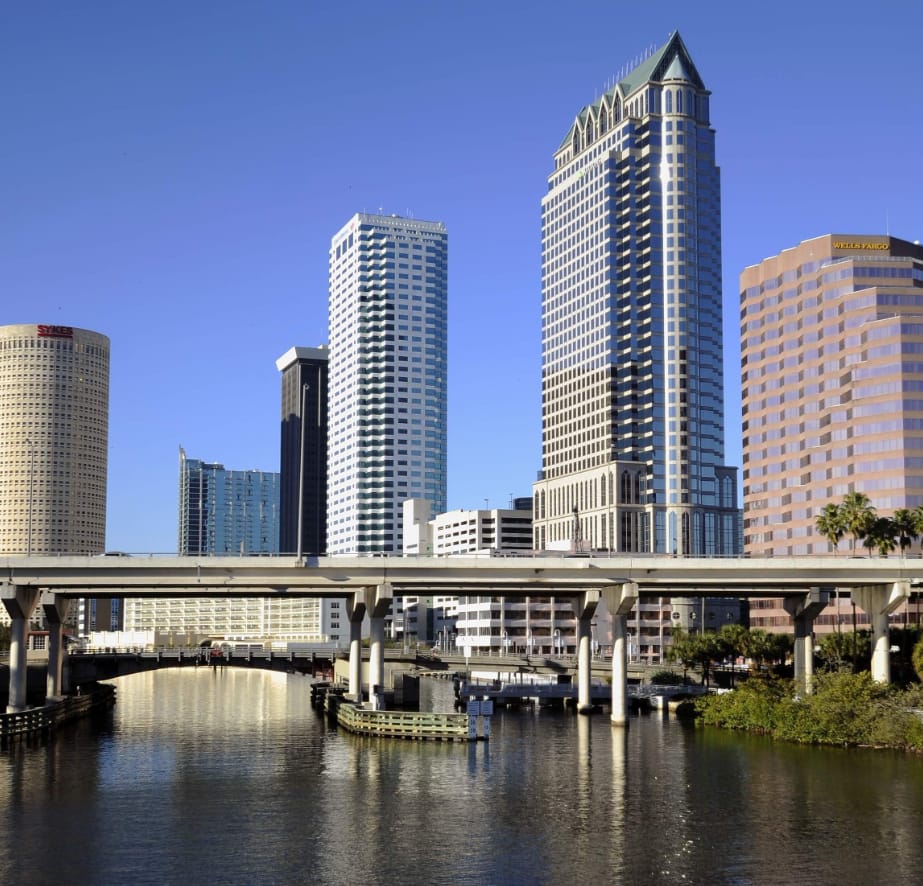Orlando real estate developers, the Del American Real Estate Group Inc, have ventured into a partnership with the BentleyForbes LLC from California to build around 800 new apartments in Central Florida. Their development partnership goes by the name BentleyForbes Del American.
The BentleyForbes Del American Projects
BentleyForbes Del American was created to build high-end apartment communities in California, Florida and Texas. These apartment communities would constitute of luxury, resort site multifamily apartments.
Chairman and CEO of the Del American Real Estate Group, Chris DelGuidice revealed that a letter of intent of their first project as a partnership had already been submitted for two Central Florida sites that the state had approved and zoned for housing construction.
These two potential sites include one in the Winter Park or Maitland sub-market and another in Orange County. DelGuidice also reveled that, if approved, the apartment communities on both sides would be constructed like the Pure Living apartment complex in Heathrow.
Constructed by the Del American Group in 2008, Pure Living Heathrow complex was put up for sale in 2010 and has since, become the symbol of luxury living.
According to DelGuidice, both deals can be expected to come through, by the second or third week of February. If approved, the BentleyForbes Del American would begin the design and engineering work by March and the actual construction work is to begin in the fall of this year.
Apart from the construction of Pure Living apartments on these two sites, the joint venture is also working on sealing other deals the details of which haven’t been revealed by CEO DelGuidice yet, because of the lack of any “definite agreements” as he puts it.
Support to nearby businesses
Construction on the first, two-site project is projected to cost anything between $108 million to $132 million for the joint venture. Real estate agents in Orlando and Central Florida have welcomed the news since the project has opened up several opportunities for them. The project would bring new high-end apartments – boosting the growth of the Central Floridian sub-markets. Additionally, local businesses – shops, restaurants and so on would see higher traffic and the possibility of the emergence of new businesses.
Additionally, the project is expected to create temporary construction jobs for over a thousand workers as well as subcontracting opportunities for other Orlando real estate developers.
Considering other new projects that have been creeping up all over Central Florida, like the 330-unit apartment community near Orlando International Airport, Orlando Realtors are convinced that 2014 is going to be good year for the housing market.







